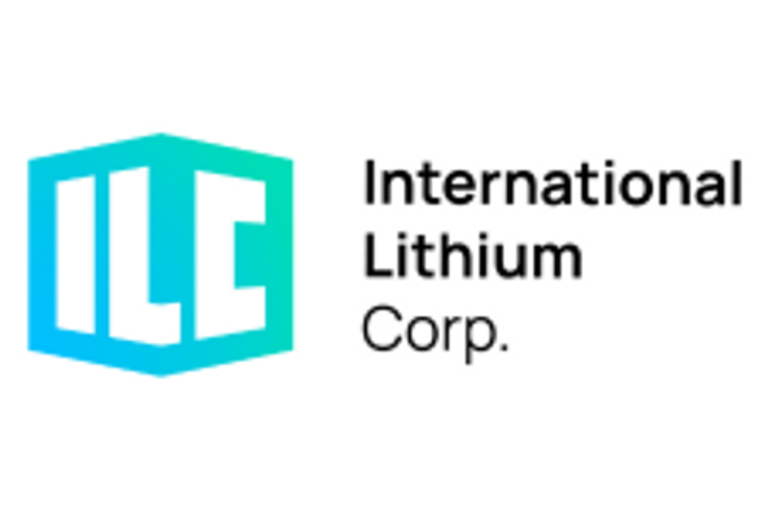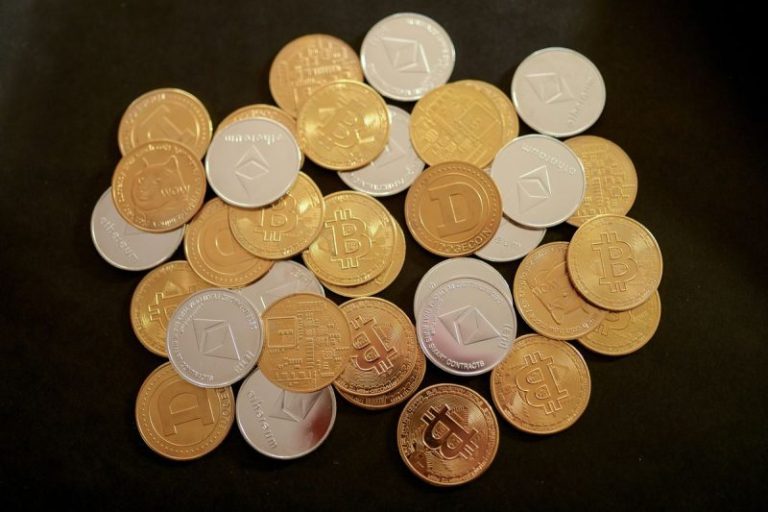Here’s a quick recap of the crypto landscape for Wednesday (July 2) as of 9:00 p.m. UTC.
Get the latest insights on Bitcoin, Ethereum and altcoins, along with a round-up of key cryptocurrency market news.
Bitcoin and Ethereum price update
Bitcoin (BTC) is priced at US$109,452, up by four percent in the last 24 hours, and its highest valuation of the day. The day’s range for the cryptocurrency brought a low of US$107,542.
Bitcoin price performance, July 2, 2025.
Chart via TradingView.
Bitcoin’s price gain was driven by a calming in Middle East tensions and growing optimism after the US Federal Reserve signaled a dovish tilt; both factors boosted investor risk appetite. Additionally, continued inflows into US spot Bitcoin exchange-traded funds (ETFs) and favorable regulation expectations helped sustain upward momentum.
Ethereum (ETH) is priced at US$2,584.30, up by 7.5 percent over the past 24 hours and its highest valuation of the day. Its lowest valuation on Wednesday was US$2,446.41.
Altcoin price update
- Solana (SOL) was priced at US$152.55, up by five percent over 24 hours. Its highest valuation as of Wednesday was US$153.39, and its lowest was US$148.29.
- XRP was trading for US$2.18, up by 4.9 percent in 24 hours. The cryptocurrency’s lowest valuation was US$2.15 and its highest was US$2.27.
- Sui (SUI) is trading at US$2.92, showing an increaseof 9.3 percent over the past 24 hours and its highest valuation on Wednesday. Its lowest valuation was US$2.76.
- Cardano (ADA) is priced at US$0.5932, up by 10.6 percent in the last 24 hours, and its highest valuation of the day. Its lowest valuation as of Wednesday was US$0.5605.
Today’s crypto news to know
Judge permits billion-dollar lawsuit against Tether
A US bankruptcy judge is allowing a US$40 billion lawsuit against stablecoin issuer Tether to proceed, according to court documents filed in New York on Monday (June 30). The lawsuit was launched by crypto lender Celsius, which accused Tether of improperly liquidating nearly 40,000 Bitcoin from its platform in June 2022.
Tether attempted to dismiss claims, arguing that the liquidation was to cover Celsius’s US$812 million debt when Bitcoin prices plummeted. Tether also claimed that US courts lacked authority over Tether’s non-US operations, a claim the judge disagreed with, and maintains that Celsius had directed the liquidation.
Coinbase buys Liquifi in undisclosed deal
Coinbase has acquired Liquifi, a startup that builds token management platforms for crypto projects, continuing its busy M&A streak in 2025. Liquifi, backed in its 2022 seed round by Dragonfly and investors like Balaji Srinivasan, helps projects track token vesting, manage crypto cap tables, and handle tax requirements. Coinbase declined to disclose the purchase price, but said Liquifi will help streamline token launches and distribution. This puts Coinbase closer to an “end-to-end” model, similar to Binance’s launchpad, which supports crypto creation from early stages.
Liquifi has been locked in a legal fight with competitor Toku over alleged business document theft, claims which it denies, and Coinbase said it will stand by Liquifi’s defense.
The deal follows other Coinbase acquisitions this year, including Spindl, Iron Fish’s team and the company’s record-breaking US$2.9 billion Deribit buy.
SEC considers streamlining ETF listings
The US Securities and Exchange Commission is reportedly considering a change to its listing structure that would allow ETF issuers to submit a Form S-1, the initial listing registration filing, without having to first file a Form 19b-4.
This is according to crypto journalist Eleanor Terrett, who added that she was told issuers would only need to wait 75 days before listing their tokens if they met the criteria for a general listing standard, the details of which are still unknown but could involve criteria like market capitalization, liquidity and trading volume.
Tech billionaires launch crypto-focused bank Erebor
A group of prominent tech investors, including Anduril’s Palmer Luckey, Peter Thiel’s Founders Fund and Palantir co-founder Joe Lonsdale, are backing a new US-based crypto bank called Erebor, as per the Financial Times.
Erebor has applied for a national banking charter and plans to serve technology-driven sectors like artificial intelligence, defense and crypto, as well as individuals working in these fields.
The digital-only bank will be headquartered in Columbus, Ohio, with an additional office in New York.
Erebor intends to hold stablecoins on its balance sheet, offering a stable value backed by reserves. The bank is led by Owen Rapaport and Jacob Hirshman, a former Circle adviser.
Erebor’s mission is to address the gap left by the collapse of Silicon Valley Bank, which had been a critical channel for startups and venture investors until its 2023 failure.
AllUnity to launch Euro stablecoin
Germany’s financial watchdog, BaFin, has granted regulatory approval to Deutsche Bank and its asset management arm, DWS, for their joint venture, AllUnity. They will launch a euro stablecoin called EURAU, pegged 1:1 to the euro.
The approval allows AllUnity to launch its stablecoin in compliance with new MiCA regulations. The stablecoin aims to facilitate secure, transparent and compliant digital payments for institutions and businesses across Europe.
In other news out of Europe, the European Central Bank said it plans to test a new system using blockchain technology by late 2026 to settle payments in euros. This initiative, called Pontes, is part of a two-track approach that will connect modern blockchain platforms with the eurozone’s existing payment systems.
China considers stablecoins to reinforce cross-border payment strategy
Policy advisors in China are pressing Beijing to explore stablecoins for cross-border payments, even as the country’s broad crypto ban remains in place, Bloomberg reported.
People’s Bank of China (PBOC) Governor Pan Gongsheng noted that stablecoins could make international finance more resilient to geopolitical disruptions, a view echoed by other senior officials.
Former PBOC governor Zhou Xiaochuan suggested dollar-linked stablecoins might even accelerate dollarization, while others see a case for yuan-backed coins to support China’s long-term currency goals.
The momentum comes after the US Senate passed a stablecoin bill in June, advancing President Donald Trump’s digital currency agenda. Stablecoin supply is projected to reach US$3.7 trillion by 2030, driven by cheaper, faster settlement options compared to traditional banking.
Securities Disclosure: I, Giann Liguid, hold no direct investment interest in any company mentioned in this article.
Securities Disclosure: I, Meagen Seatter, hold no direct investment interest in any company mentioned in this article.










